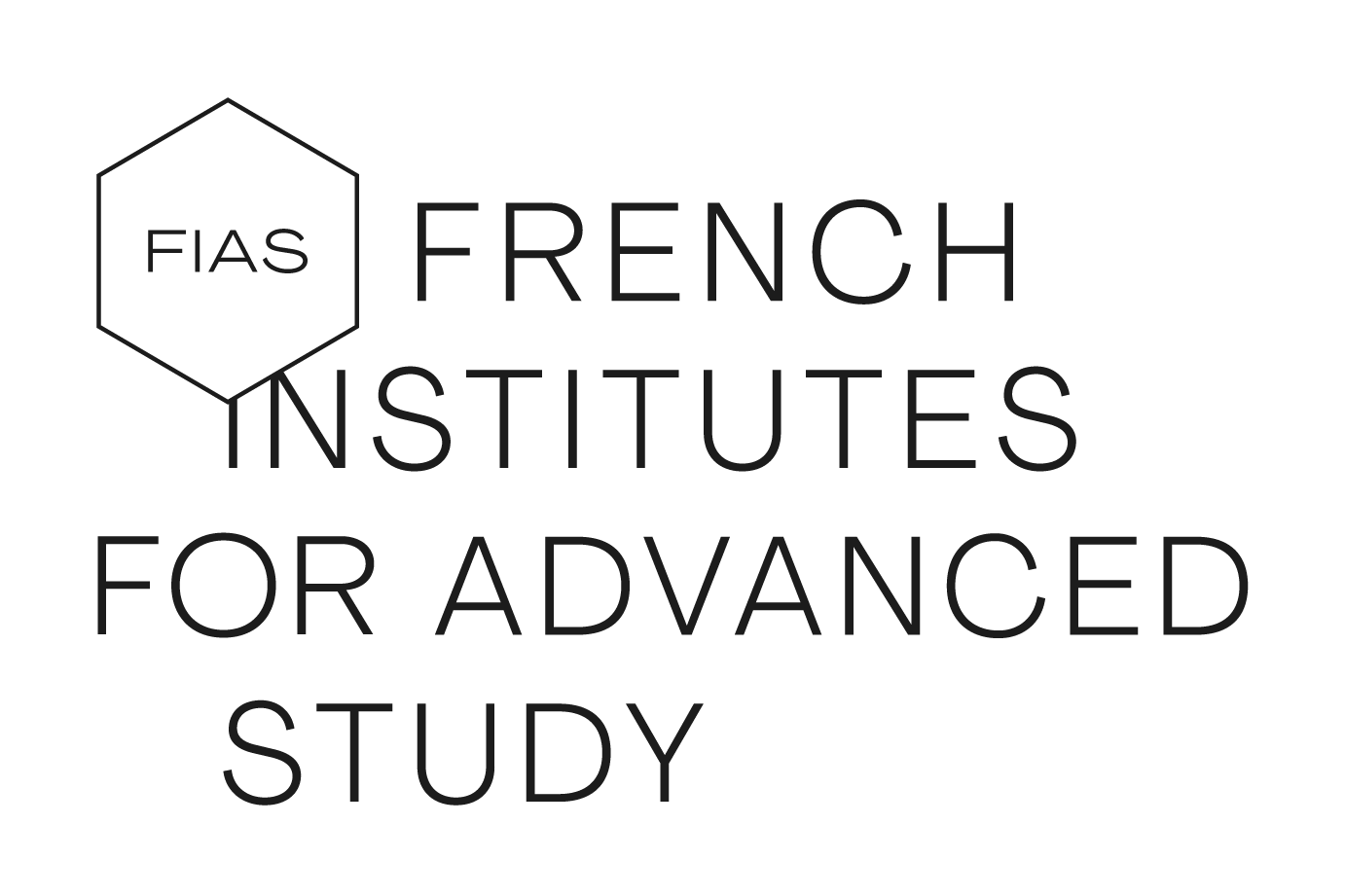Sophie von Stumm
Sophie von Stumm is a Professor of Psychology in Education at the University of York, where she directs the Hungry Mind Lab (www.hungrymindlab.com). Her research explores why children differ so much in their abilities to learn. She integrates theories and methods across the disciplines psychology, education, and genomics to study how family background, early life experiences, and education opportunities inform children’s learning variability. Recently, with the support the Nuffield Foundation and the Jacobs Foundation, she has focused on evaluating the potential benefits and risks of DNA-based predictors for children’s learning outcomes.
In September 2023, she joins the Paris IAS as part of the French Institutes for advanced Study fellowship program - FIAS - co-funded by the European Union’s Horizon 2020 research and innovation programme under the Marie Skłodowska-Curie grant agreement No 945408. Her fellowship also benefits from the support of the RFIEA+ LABEX, with a national funding (Grant ANR-11-LABX-0027-01).

![]()

Research Interests
Individual differences; cognitive development; behavioral genetics; family background inequality; education interventions
The origin of early life experiences
Children’s early life experiences exert pervasive, long-term influence on their cognitive and social-emotional development. A major source of differences in children’s early life experiences is their family background, which to date has been primarily thought of as a family-level construct, like socioeconomic status or income (i.e., the same for all children in one family). This approach limits our understanding of children’s developmental differences in three significant ways. First, because children actively construct their experiences and respond differently to the same environments, siblings have different early life experiences even if they grow up at the same time in the same family. Accordingly, there are substantial within-family differences in children’s development: for example, over a quarter of siblings are discordant for qualifying for university-level studies. Second, previous research often focused on mothers’ influences on children’s development but ignored fathers, which made differentiating parent-specific processes impossible. Finally, the role of genetics in this area has long been ignored or dismissed in favour of environmental explanations. Yet, inherited DNA differences are powerful predictors of children’s developmental outcomes that correlate and interact with their early life experiences. During her Paris IEA fellowship, Sophie von Stumm will develop a new theoretical framework to overcome these limitations.
Key Publications
von Stumm, S., Kandaswamy, R., & Maxwell, J. (2023). Gene-environment interplay in early life cognitive development. Intelligence, 98, https://doi.org/10.1016/j.intell.2023.101748
von Stumm, S., Cave, S. N., & Wakeling, P. (2022). Persistent association between family socioeconomic status and school performance in Britain over 95 years. npj Science of Learning, https://www.nature.com/articles/s41539-022-00120-3.
von Stumm, S. (2022). Early childhood inequalities: The rocky path from observation to action. The IFS Deaton Review on Inequality: Invited commentary on the Chapter: Early childhood inequalities. https://ifs.org.uk/inequality/early-childhood-inequalities-the-rocky-path-from-observation-to-action/
Latest Publication
Wilding, K., Wright, M., & von Stumm, S. (2023). Using DNA to predict educational success: A meta-analytic review. Preprint: https://doi.org/10.31234/osf.io/f7vt9
|
Workshop of the "Decision Making in Contexts of Adversity" network, co-organized by Sophie von Stumm, Professor of Psychology in Education at the University of York Paris, and 2023-2024 Paris IAS Fellow, and Daniel Nettle, Institut Jean Nicod, CNRS Talk by Sophie von Stumm, University of York, 2023-2024 Paris IAS Fellow, as part of the Colloquium of the Département d'études cognitives / Ecole normale supérieure |
|
|
|
|


